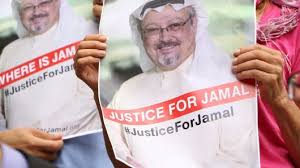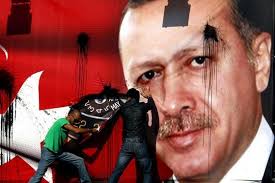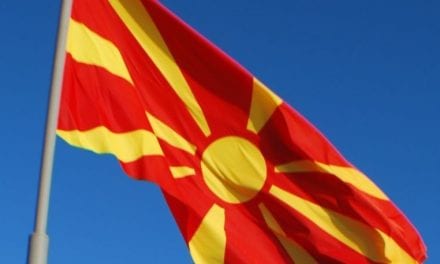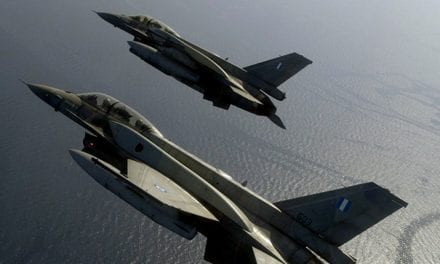By Nic Robertson, CNN
The impact of Jamal Khashoggi’s disappearance at the Saudi consulate in Istanbul two weeks ago could last for generations.
We might be witnessing not only the apparent silencing of a critic, but a spasm in Saudi Arabia’s long-running struggle for power between the kingdom’s sprawling royal lines.
Since Ibn Saud, the founder of Saudi Arabia, first swept his family to power in the 1920s, taking the holy cities Mecca and Medina and the cosmopolitan port of Jeddah, power has passed from one son to the next — in order of age and ability.
Machinations inside the palace grew over recent decades. As Ibn Saud’s sons grew older, it became clear that at some point succession would have to drop a generation — effectively anointing just one line of the tangled royal lineage to lasting power.
Saudi Arabia’s Crown Prince, Mohammed bin Salman, saw his family’s opportunity when his father, Salman, became King.
So fraught had the process of appointing the next in line that the last King formed a special council to do so. Its pick was Prince Mohammed bin Nayef, then interior minister, whose father had held the position before him.
Bin Nayef would have been the first of his generation to take on the mantle of King. His family could have expected to form the new royal line. Patronage and wealth would have flowed from their largesse.
But in an unprecedented sequence of events last summer, bin Nayef unexpectedly relinquished his path to the throne. He was later seen on TV with MBS, who kissed his hand.
The message wasn’t missed: MBS, it seemed, had usurped bin Nayef, who has barely been seen since.
All sorts of rumors circulated — one of which claimed that since surviving an al Qaeda assassination attempt a decade ago, bin Nayef had been hooked on painkillers.
For seasoned observers it smacked of disinformation, which was designed to send a message to his family and friends they should keep quiet or face similar character assassination.
None of it stood up to scrutiny.
MBS used a similar tactic of disinformation to trash people’s reputations when he locked up some of Saudi’s wealthiest businessmen — including members of his own family — on corruption charges without mentioning their extensive business experience.
Bin Nayef had a close working relationship with US counterterrorism officials and was respected as a royal who could be relied upon. In other words, he would have been a safe pair of hands.
The complex jockeying for the next generation of Saudi leadership has its roots in Ibn Saud’s prodigious procreation.
His favourite wife, Hussa Sudairi had seven sons, who became known as the Sudari Seven. There are many other branches of Ibn Saud’s family, but they were always seen as the most likely line to take the throne to the next generation.
King Salman is the last in the line of the Sudari Seven. His predecessor, King Abdullah, was from another branch with which Khashoggi had ties through the former head of Saudi intelligence, Prince Turki al Faisal — himself the son of another King: Faisal.
In short, connections and the flows of power are complicated and have often led to nervousness, if not paranoia, among rivals.
To try to follow royal lines and shifting allegiances has always been an art. Kings have ruled by a consultative council — and the jostling to pick up crumbs of power in these has been ceaseless.
King Salman’s reign has been different.
Since his brother Abdullah died in 2015 and Salman took over, MBS began consolidating power. Being anointed Crown Prince last year was only one small part.
As mentioned above, shortly after becoming Crown Prince, he locked up many of his cousins, uncles and other power brokers in the luxury Ritz-Carlton Hotel on charges of corruption.
Only a few ended up in court, but many were forced to hand over lucrative business contracts and forfeit huge chunks of their wealth.
his will have left many quietly seething, but unable to speak for fear of retribution.
Senior royals and government ministers report late-night sessions with a restless Crown Prince. Here, he presents them with spreadsheets and showers them with facts and figures. He demands attention and expects results.
Officials who get in his way — like one last year who was tardy in making gym facilities he wanted available for schoolgirls — are removed.
Numerous Saudi officials I have spoken to talk of being nervous when summoned.
In short, MBS has become a court of one.
Nothing happens without his say. Even business deals languish until he has the bandwidth to move on them.
His top-down management style is not altogether out of step with previous monarchs.



















